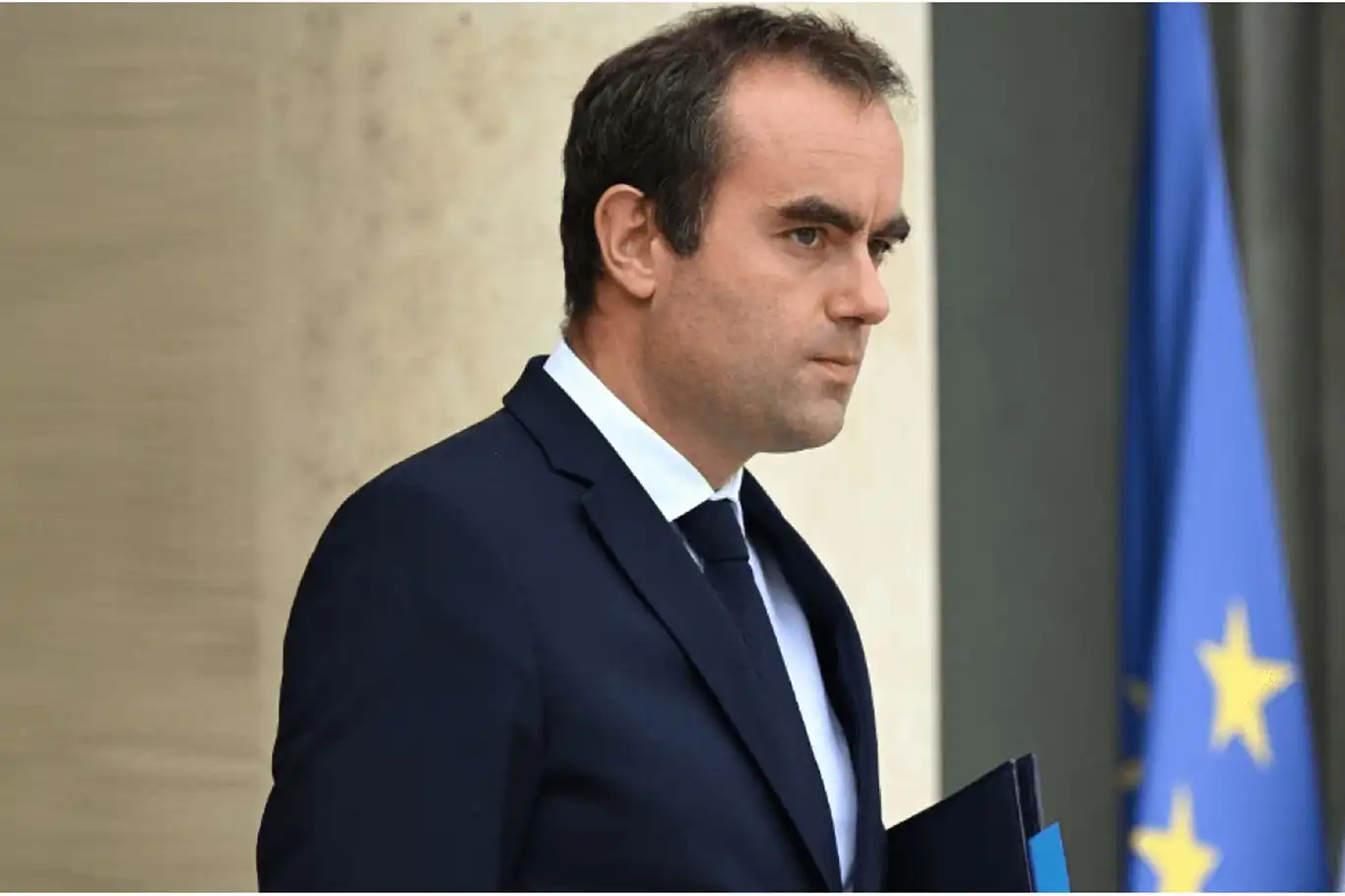French political crisis deepens as PM Sebastien Lecornu resigns amid budget disputes


France’s political instability escalated on Monday following the sudden resignation of Prime Minister Sebastien Lecornu, just hours after unveiling a new cabinet, the French presidency confirmed.
Lecornu, a former defense minister who had been appointed prime minister last month, stepped down amid mounting criticism over his largely unchanged cabinet. Opposition parties immediately denounced the reshuffle, accusing the government of ignoring calls for renewal after months of legislative gridlock.
The resignation comes as Lecornu faced the daunting task of navigating France’s 2026 austerity budget through a deeply divided National Assembly. Lawmakers and the public have increasingly expressed frustration with proposed spending cuts and the government’s reliance on constitutional measures to bypass parliamentary approval.
Lecornu’s departure mirrors the fate of his two predecessors, François Bayrou and Michel Barnier, who were similarly ousted over disputes tied to France’s austerity measures. With the country’s public debt recently reaching record levels—ranking as the European Union’s third-highest debt-to-GDP ratio after Greece and Italy—the challenge of passing a budget has become increasingly complex.
For the past three years, successive governments have circumvented parliamentary approval by invoking a constitutional clause, a move widely condemned by opposition leaders. Lecornu had pledged to restore democratic oversight of budgetary decisions, but his resignation has left both the government’s fiscal roadmap and public confidence in political processes uncertain.
President Emmanuel Macron’s centrist alliance remains in a weakened minority following snap parliamentary elections last year, a move intended to consolidate his mandate but which instead contributed to legislative deadlock. Analysts warn that continued political instability may hamper France’s ability to respond effectively to mounting economic pressures and social demands.
As the nation grapples with its highest levels of public debt and a contentious budgetary climate, the search for a new prime minister is expected to dominate France’s political agenda in the coming days.
Observers note that the resignation underscores broader concerns about governance in France. Without a clear legislative majority or consensus on fiscal priorities, the government faces growing pressure to implement reforms while maintaining social stability.
The political crisis adds to a series of domestic challenges for Macron, highlighting the difficulties of balancing economic austerity with public expectations for accountability and democratic participation. (ILKHA)
LEGAL WARNING: All rights of the published news, photos and videos are reserved by İlke Haber Ajansı Basın Yayın San. Trade A.Ş. Under no circumstances can all or part of the news, photos and videos be used without a written contract or subscription.
Delegations from Hamas and Israel gathered in Egypt on Monday for renewed ceasefire talks, even as Israeli occupation forces continued their relentless bombardment of Gaza, killing at least 10 Palestinians — including aid seekers — since dawn.
Typhoon Matmo, the 21st named storm of the 2025 Pacific typhoon season, has escalated into a severe typhoon, prompting widespread evacuations and emergency measures across south China’s coastal regions as it approaches landfall in Guangdong Province.
Hungarian Prime Minister Viktor Orban has declared that Hungary should not adopt the euro, citing concerns over the European Union’s “disintegration” and warning against tying Hungary’s future too closely to the bloc.
The Hamas Movement has denounced the inhumane treatment suffered by activists aboard the Global Sumud Flotilla, describing their testimonies as compelling evidence of Israel’s ongoing human rights violations.